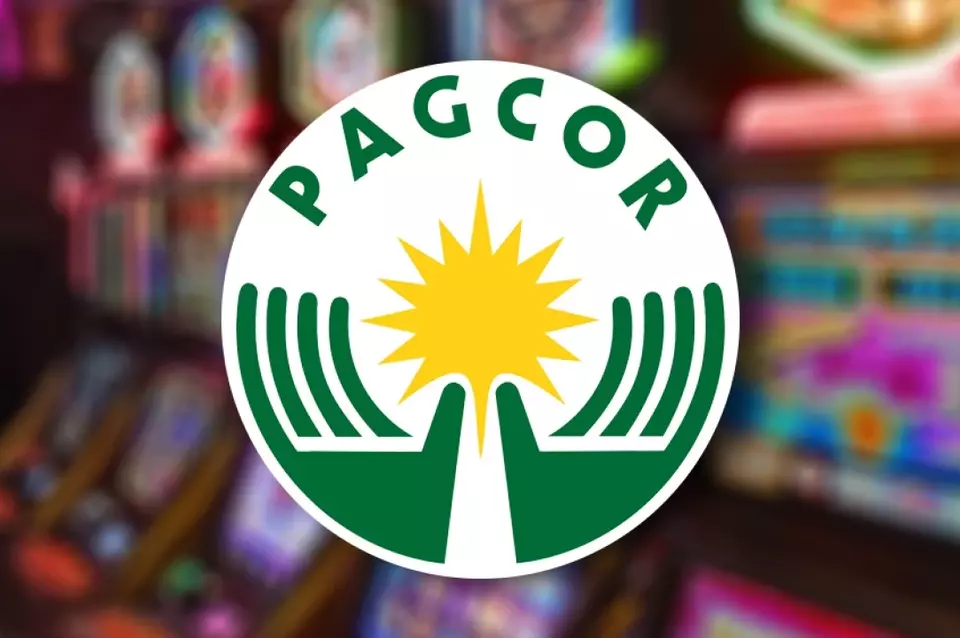 The gambling regulator of the Philippines and current operator of state-run casinos is fulfilling a pledge it made several weeks ago.
The gambling regulator of the Philippines and current operator of state-run casinos is fulfilling a pledge it made several weeks ago.
In an effort to finally tackle some issues associated with the Philippine Offshore Gaming Operator (POGO) landscape, the Philippine Amusement and Gaming Corp (PAGCOR) announced that all POGOs in the country are now required to apply for a new license. Operators are given until September 7th, 2023 to table a new formal application for their licenses, with the revised requirement now highlighting the need for all offshore gambling companies to acquire the appropriate operating permit and provide access to their books for a thorough examination.
Apart from that, the Philippine Amusement and Gaming Corp shared that it failed to properly control the POGO landscape in the country in the past. As the regulator confirmed, the poor regulation and monitoring were one of the reasons why some offshore gambling companies have been associated with a significant number of money laundering and human trafficking scandals.
Now, PAGCOR is making preparations to vigorously scrutinize the owners of Philippine Offshore Gaming Operators to ensure fully transparent regulation and legality within the sector. The country’s regulatory body warned that it is set to quickly administer appropriate measures to punish all involvement in illegal activities.
The newest measures unveiled by the Philippine gambling watchdog have been headed by lawyer Jessa Fernandez. The Vice President of PAGCOR’s licensing division is willing to keep the integrity of the POGO sector and explained that, under the new system, licenses will not be handed out to companies that are found to be running their business beyond the scope of their existing license. On the other hand, the ones who hold operating permits and fail to comply with the new requirements, or who have not obtained an operating permit by September 7th, will potentially face cancellation, with the chance of not being able to renew their license.
POGOs Still Dealing with Bad Reputation Due to Links to Crime and Detrimental Impact on Society
 The new rules and so-called “probation” for Philippine Offshore Gaming Operators were approved by the regulatory body’s board last month. PAGCOR launched the exercise on July 17th and is now meant to reinforce the seriousness of the process, with the gambling watchdog putting stiffer restrictions on the license approval process.
The new rules and so-called “probation” for Philippine Offshore Gaming Operators were approved by the regulatory body’s board last month. PAGCOR launched the exercise on July 17th and is now meant to reinforce the seriousness of the process, with the gambling watchdog putting stiffer restrictions on the license approval process.
One of the restrictions that the Philippine Amusement and Gaming Corp has unveiled involves a higher amount of capital on hand. Previously, POGOs were required to prove they have capital of at least PHP15 million and make an upfront payment of PHP3 million. Under the new rules, they need to prove a capital of no less than PHP100 million and make an upfront payment of PHP25 million.
There are also limitations associated with the POGO’s spaces, which are not allowed to be larger than 25,000 square meters of each of the operator’s properties. In addition, a separate license is required for each property, and such a permit will be valid for two years only.
A group of local lawmakers, led by Senator Sherwin Gatchalian, have supported even stricter measures, as they have been willing to see the Philippine Offshore Gaming Operators fully banned in the country. The group of legislators have highlighted the fact that controversial operators have been associated with criminal activities and the detrimental effects they have on society. Apart from that, these lawmakers have called for the Government to redirect PAGCOR’s role from casino management to a specially-established regulator.
For the time being, however, those initiatives have not gained further movement in Legislature so that they become an actual thread to either the country’s gambling watchdog or the remaining POGOs.